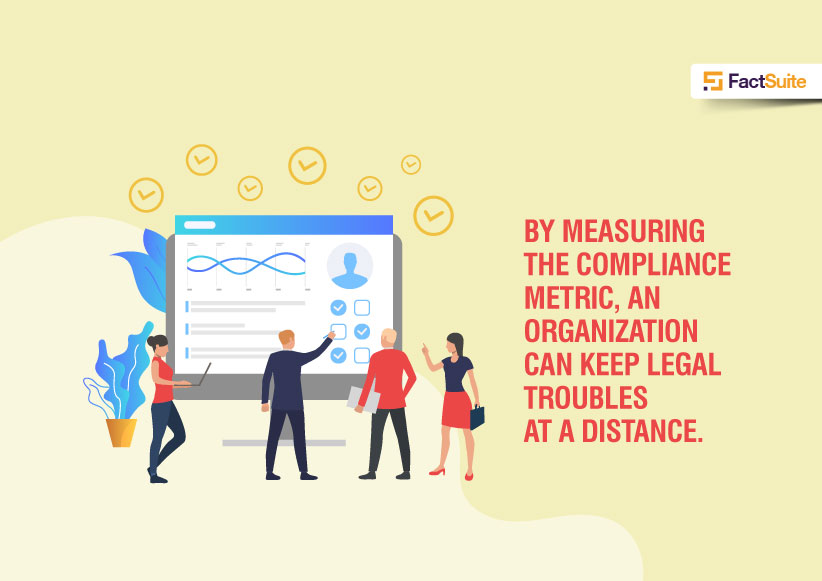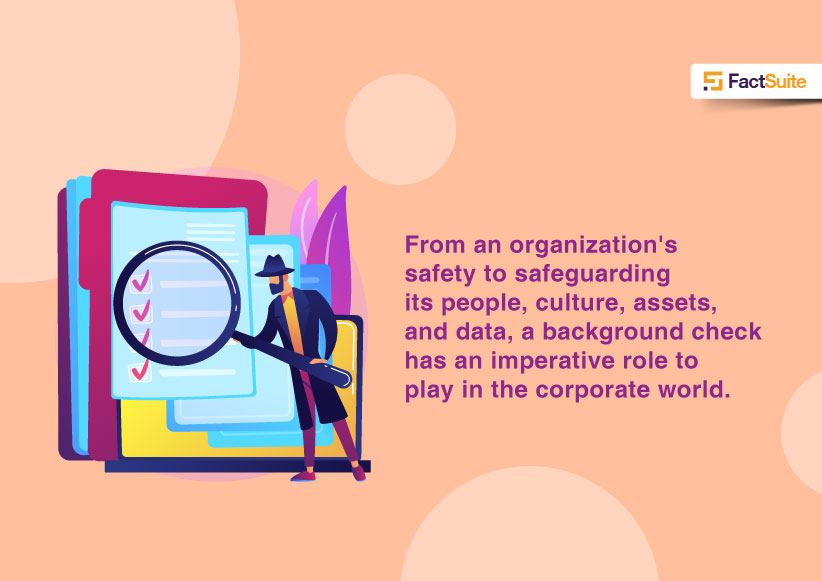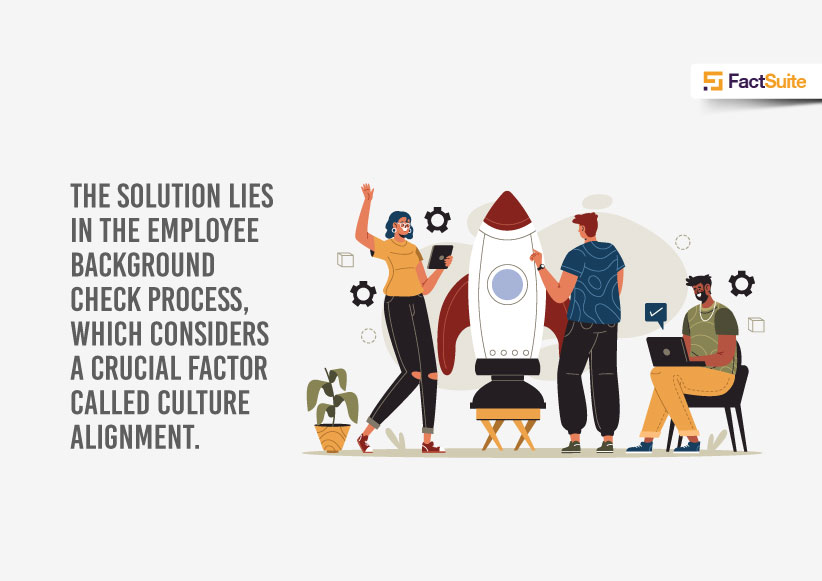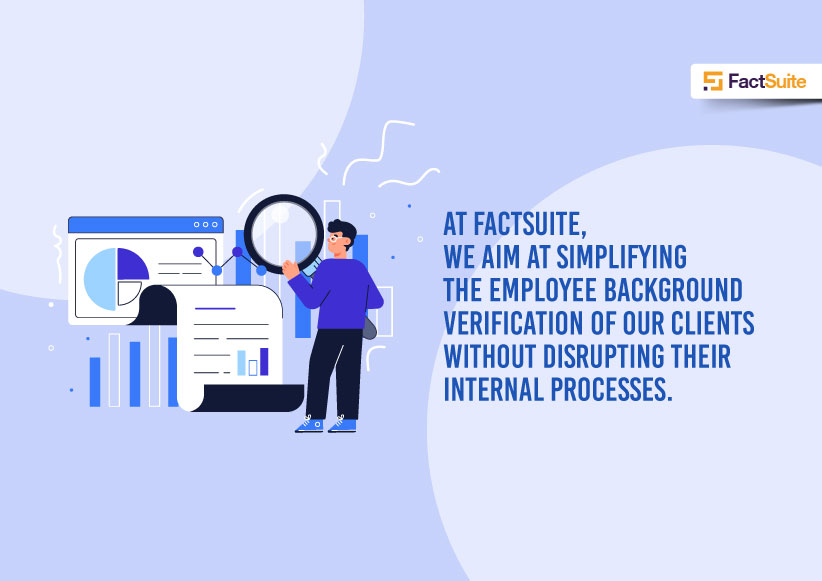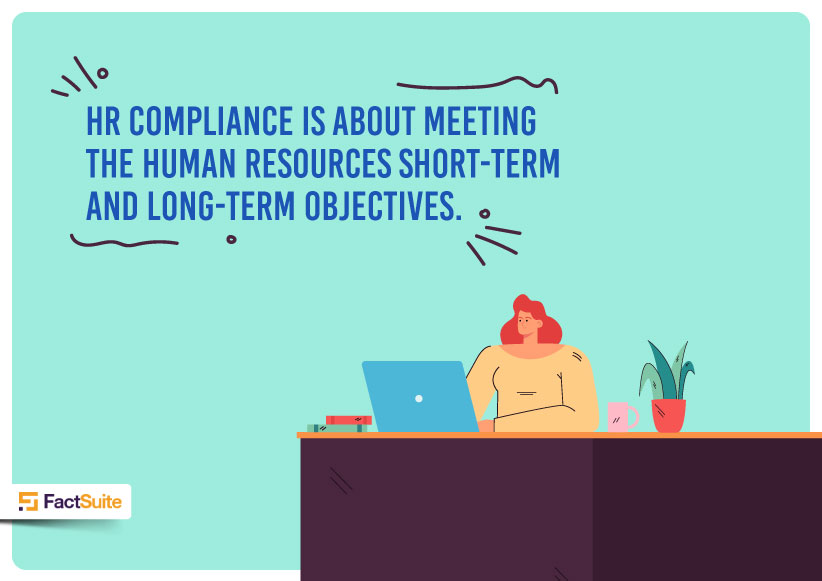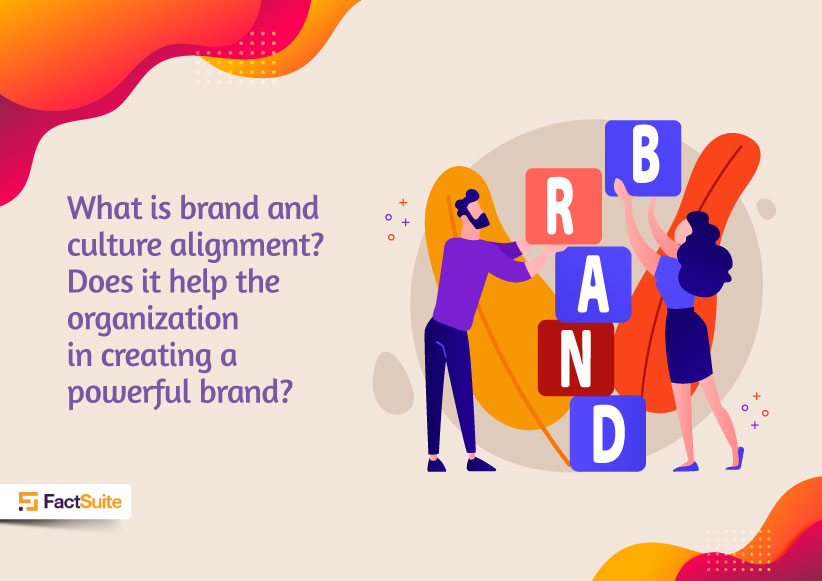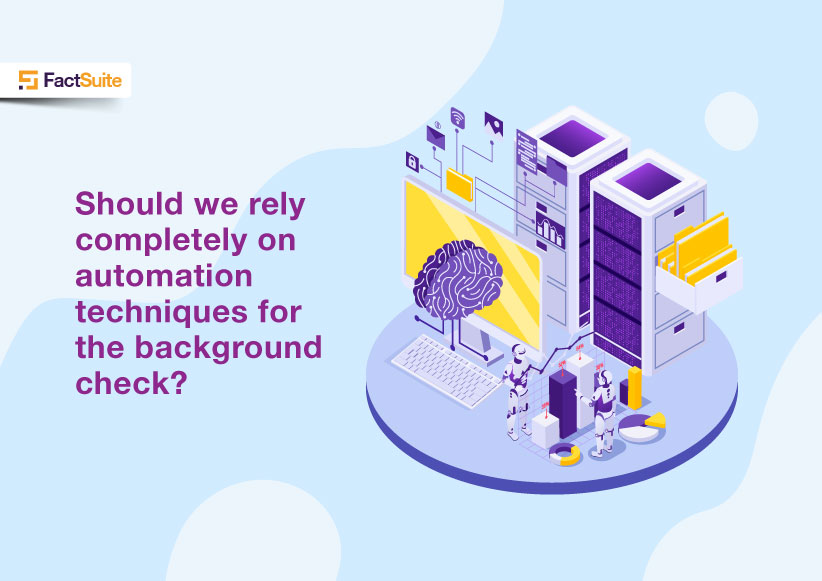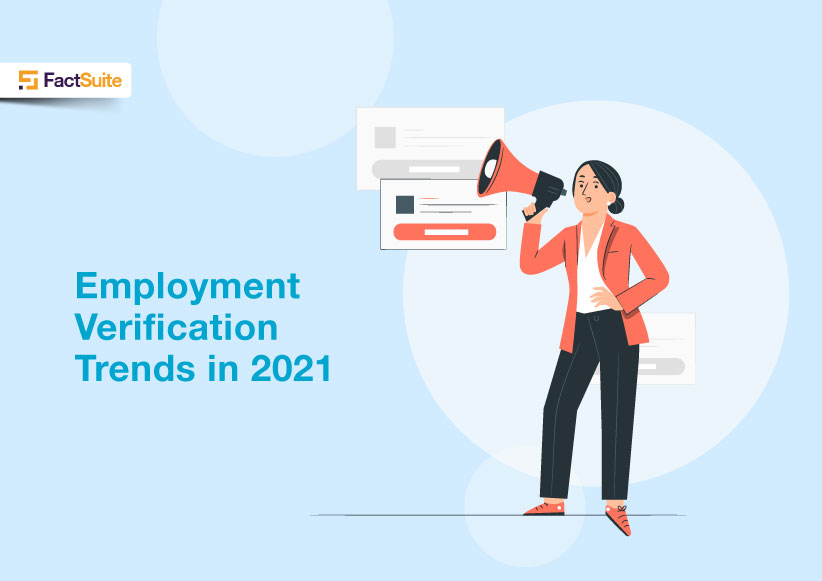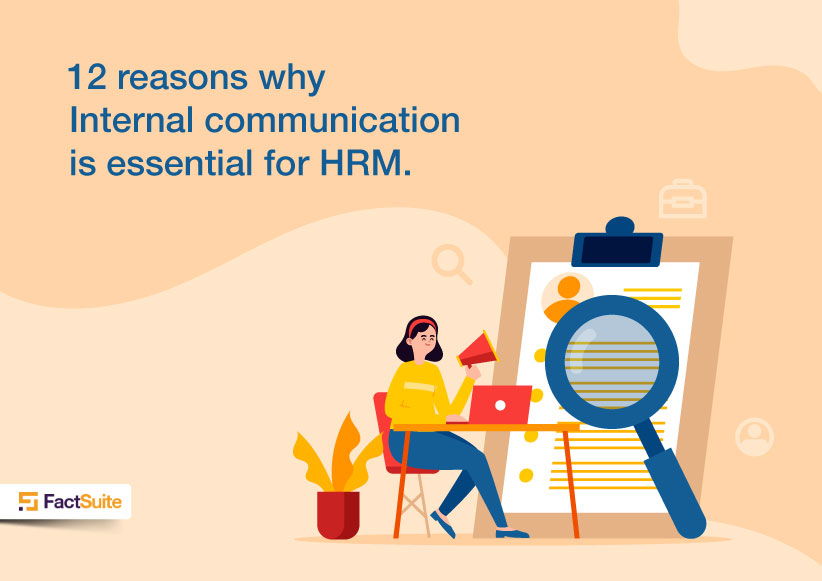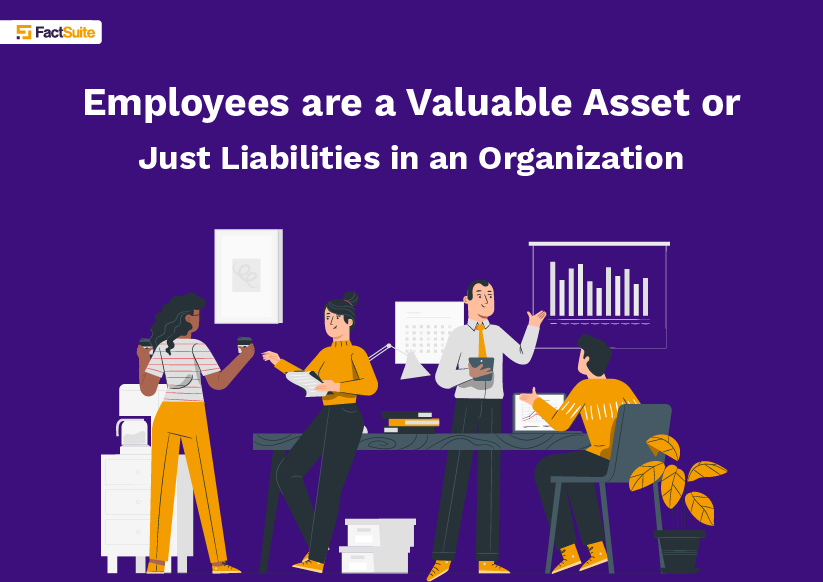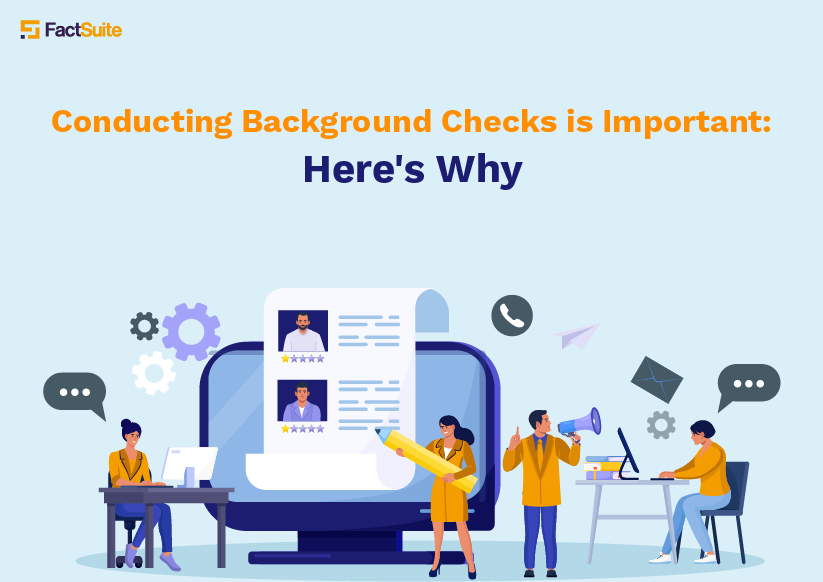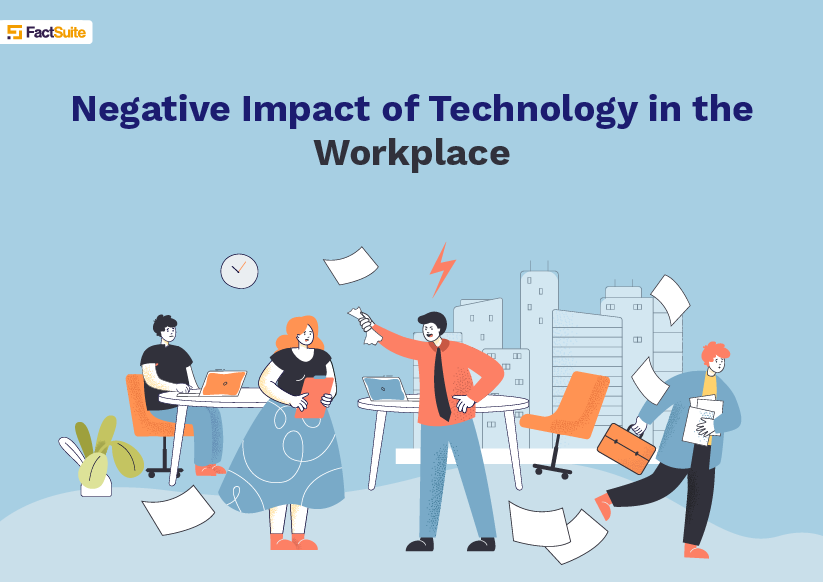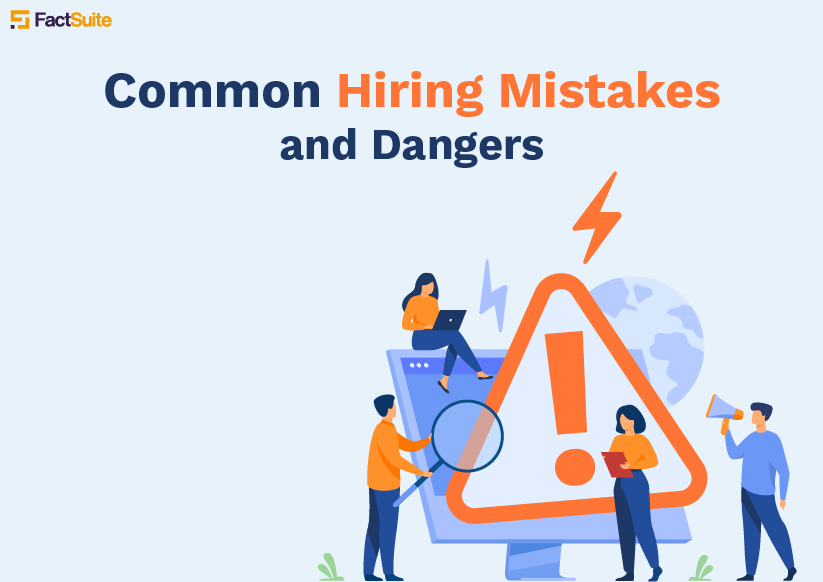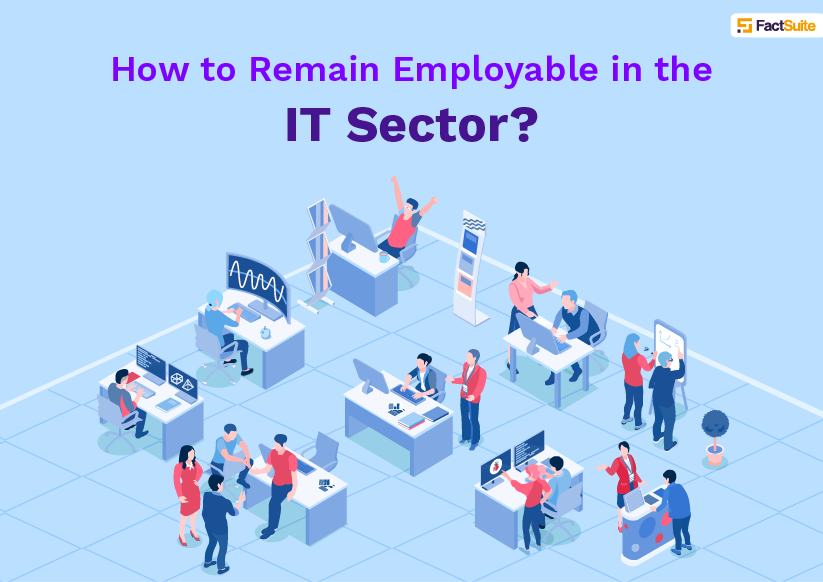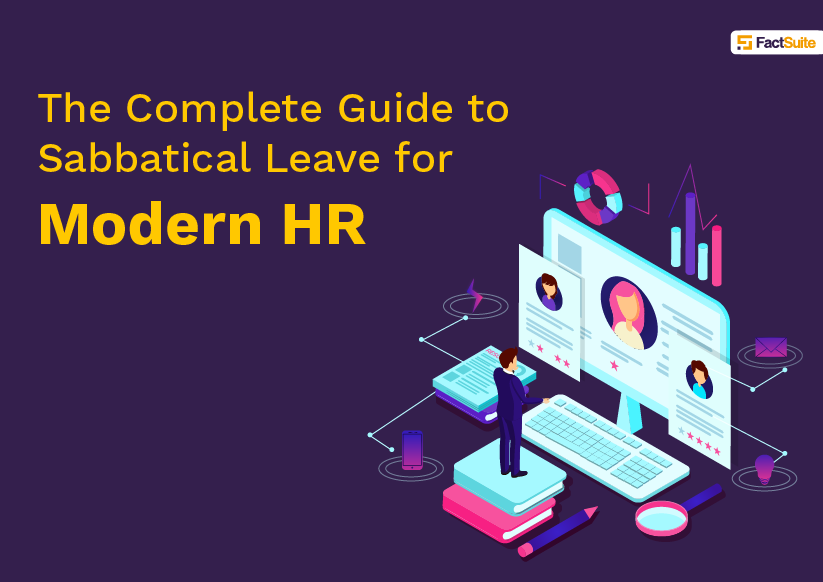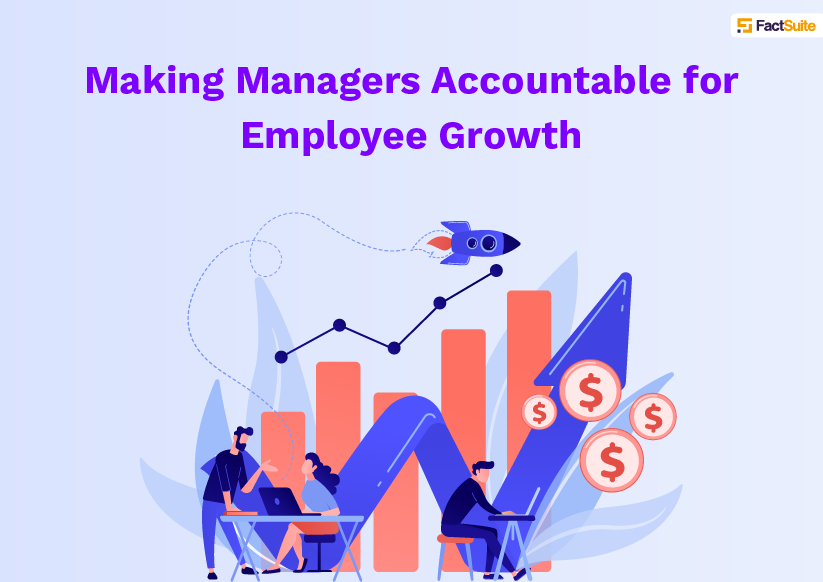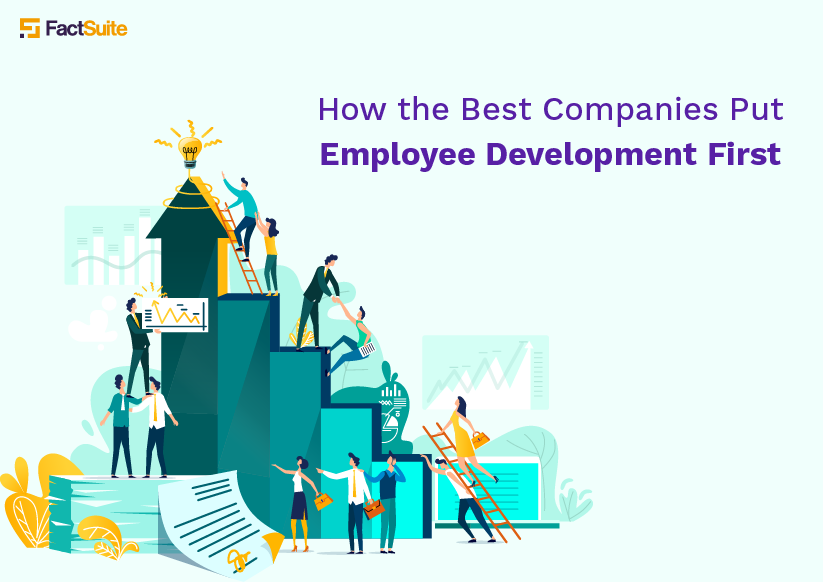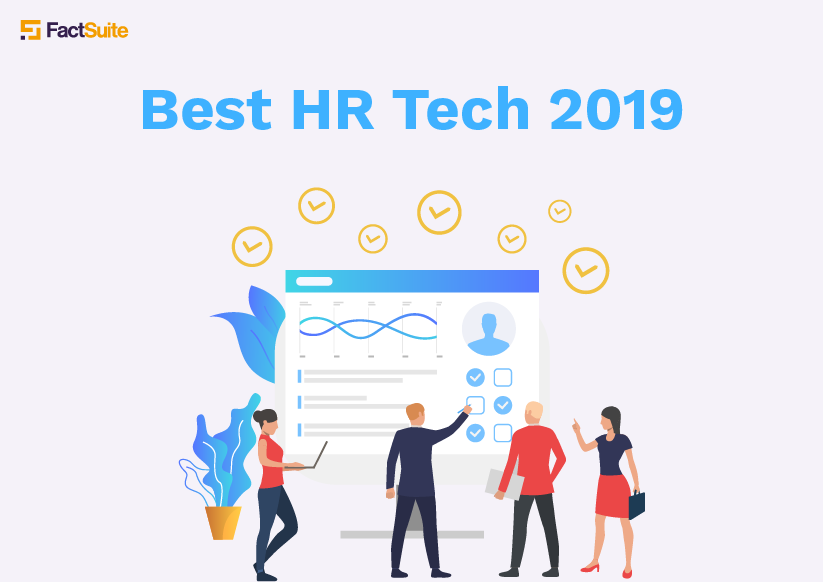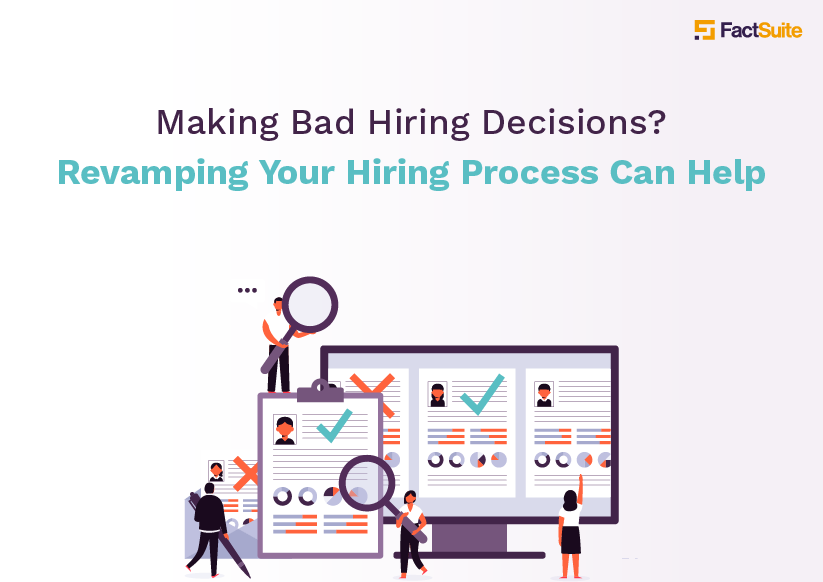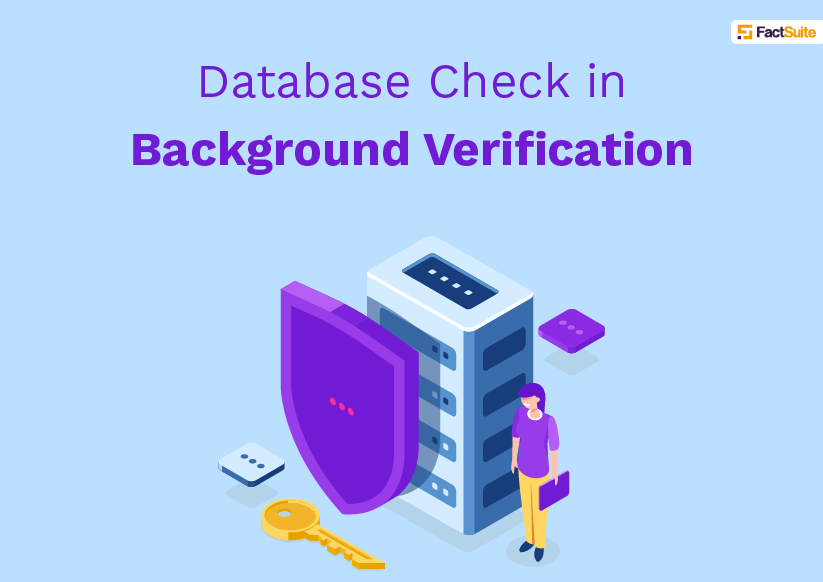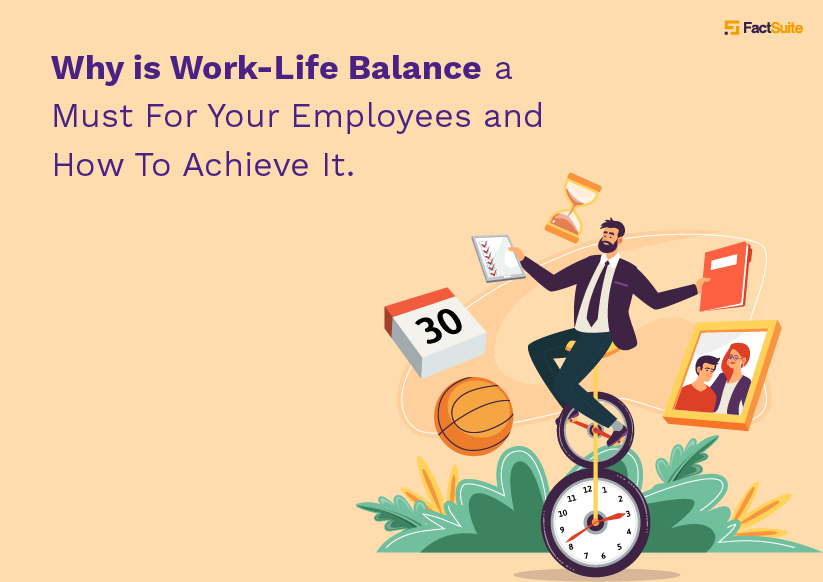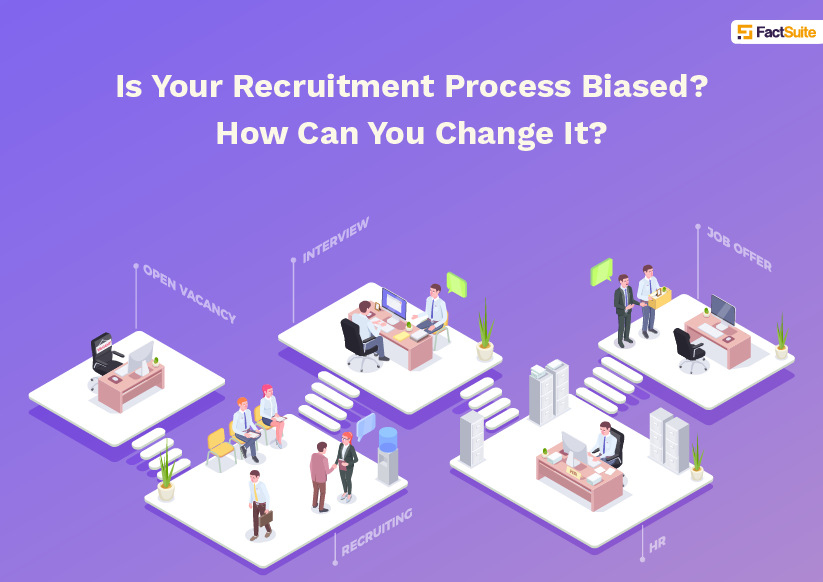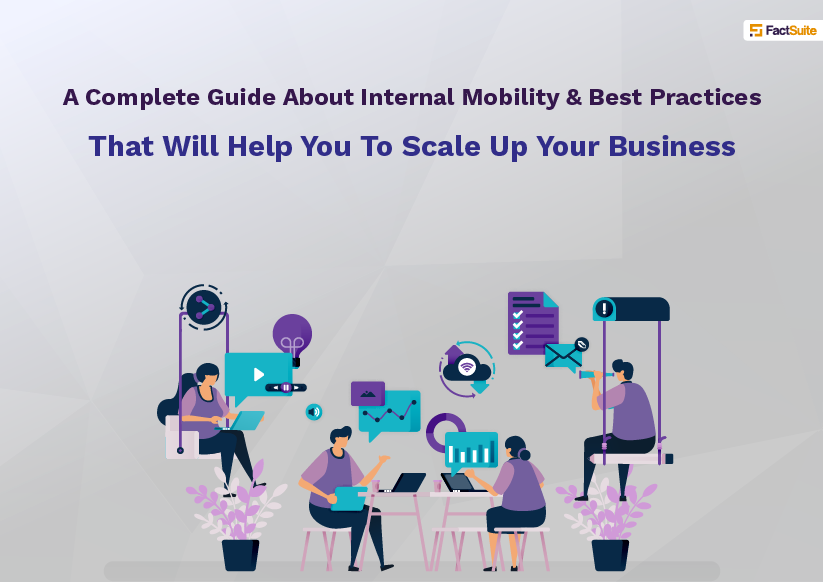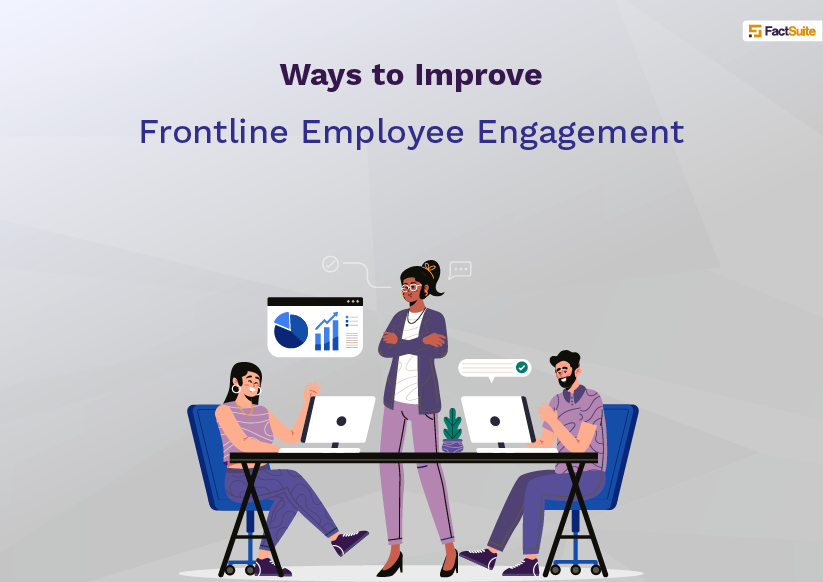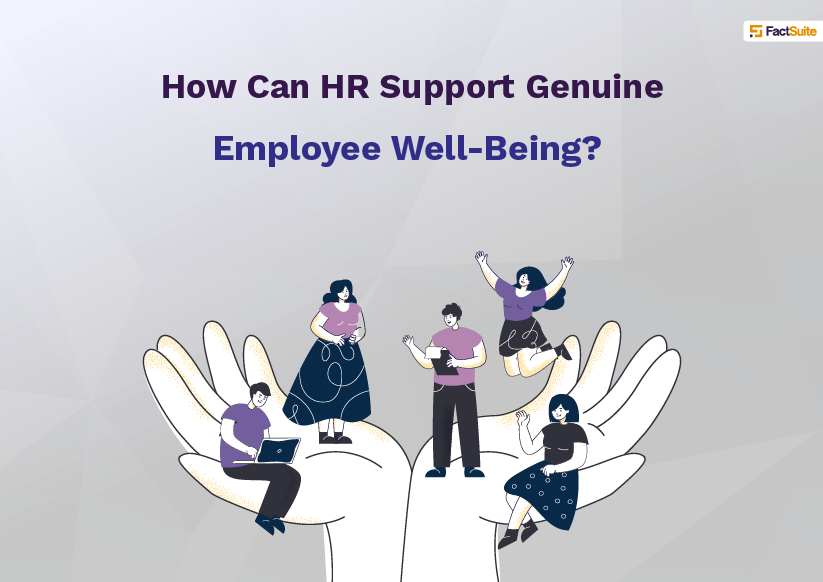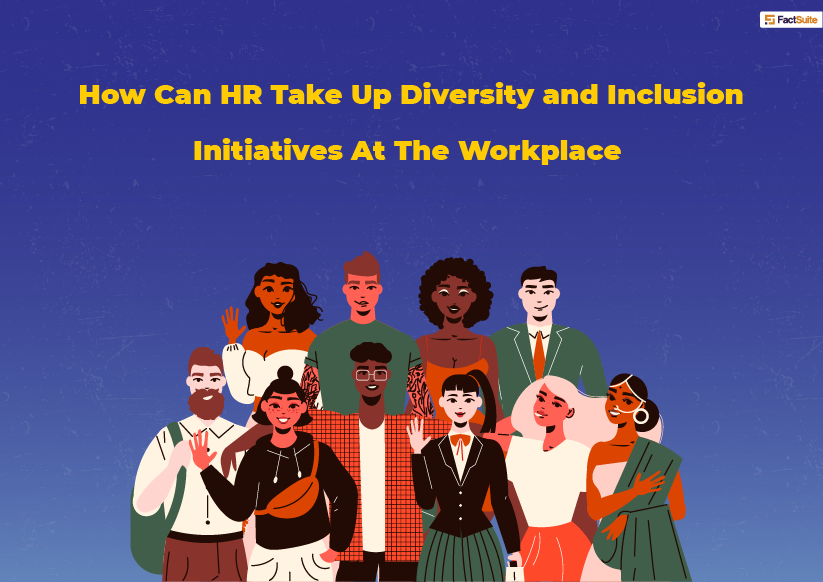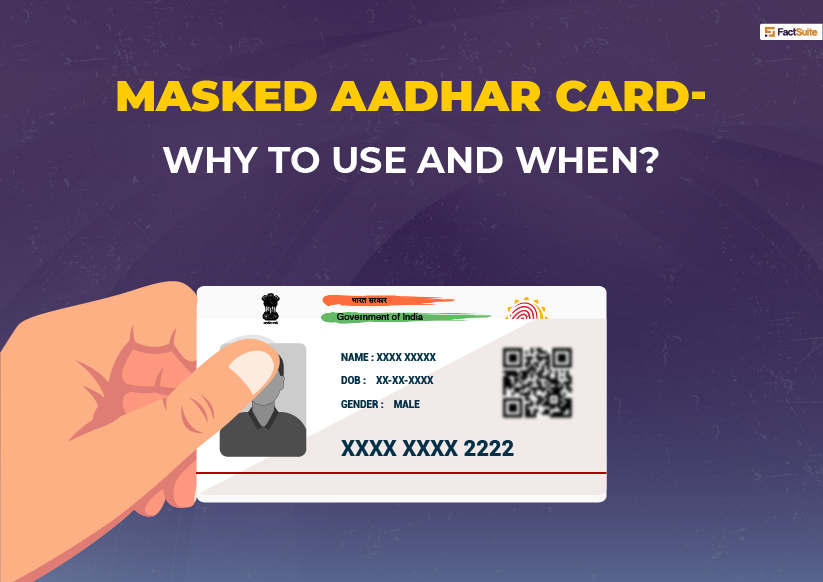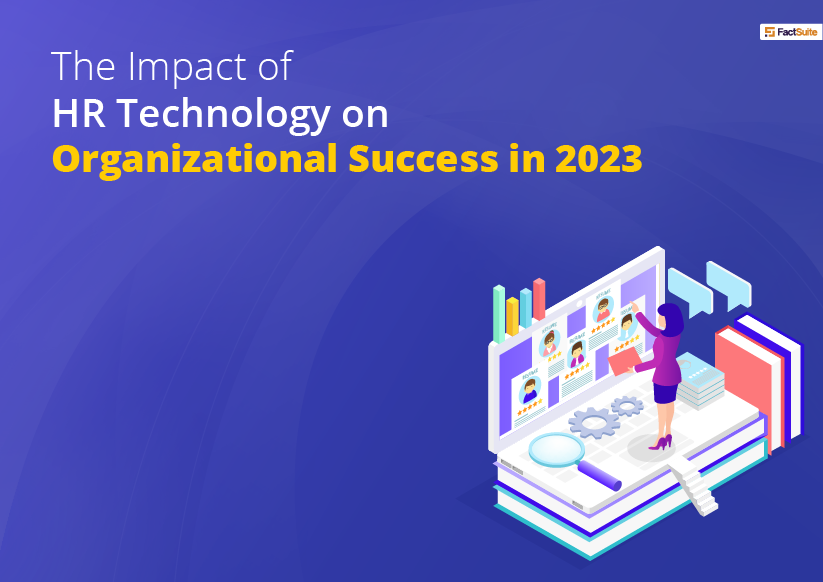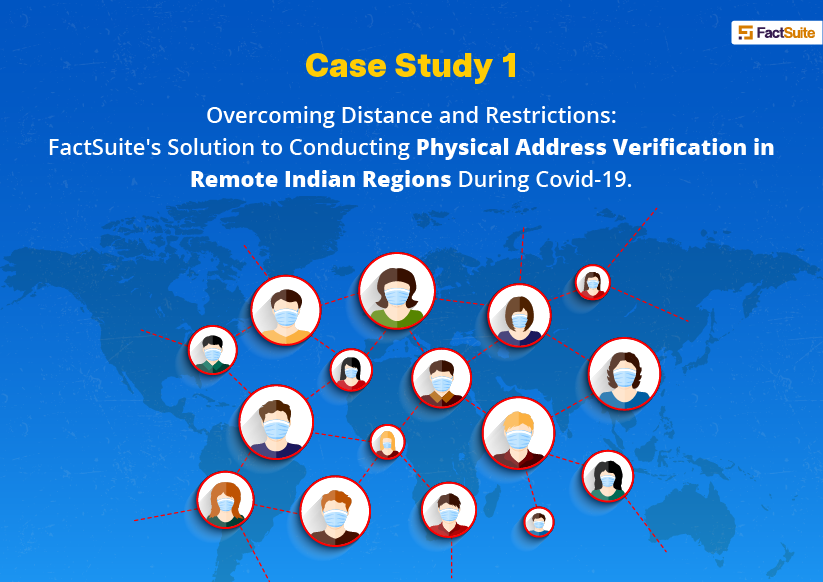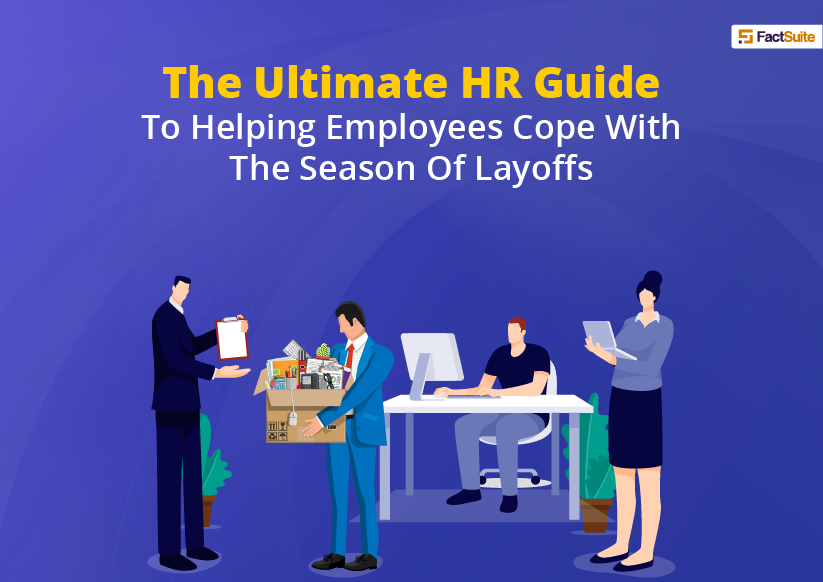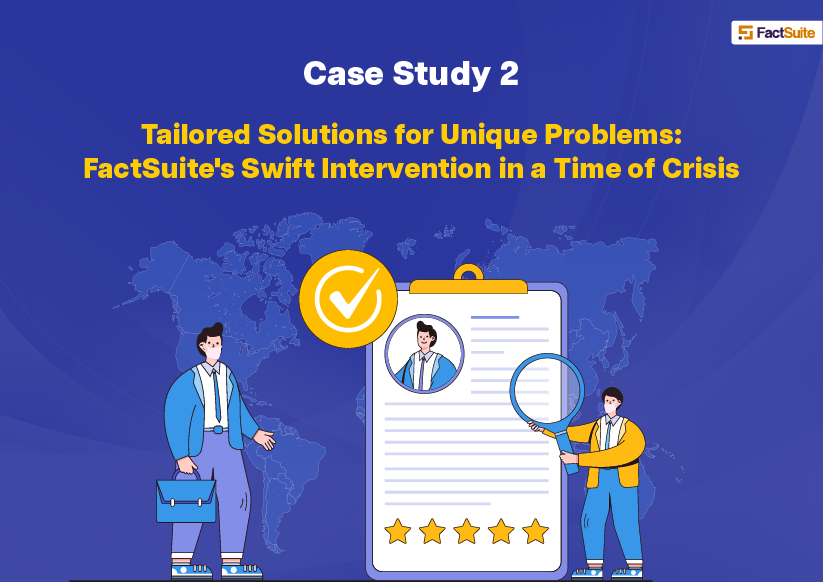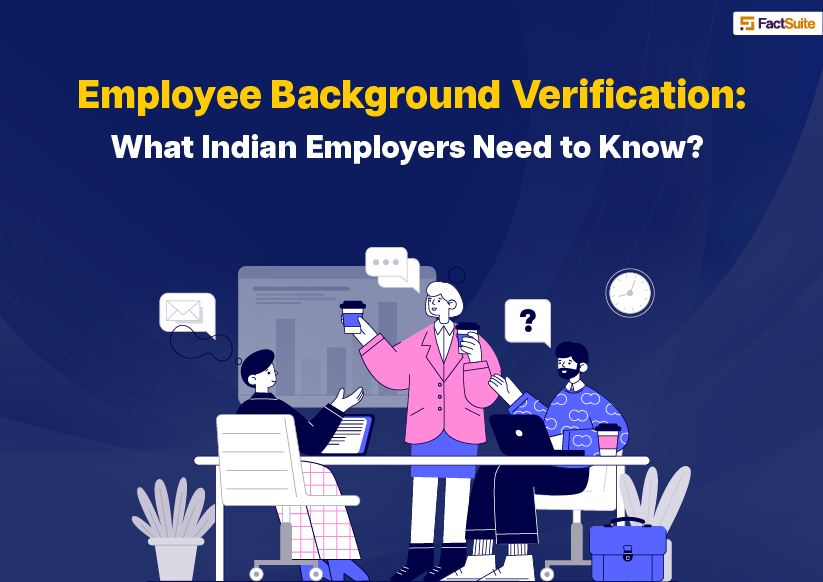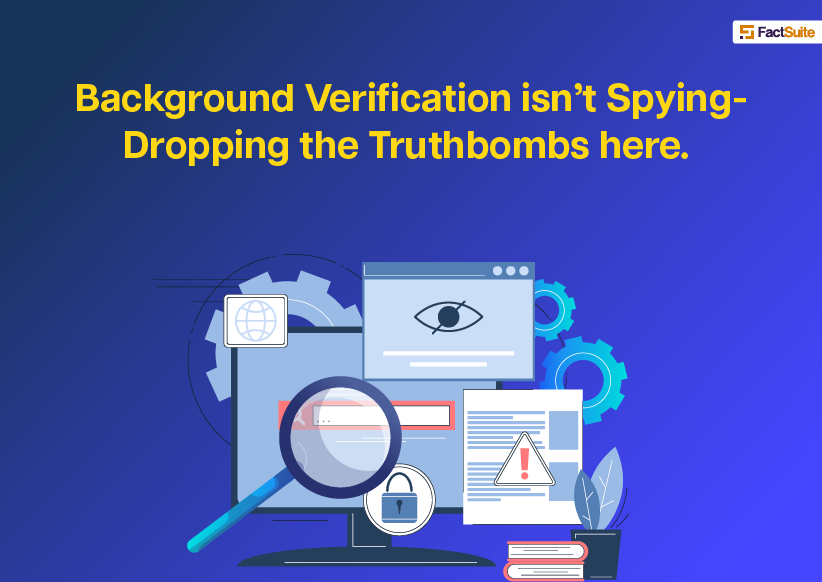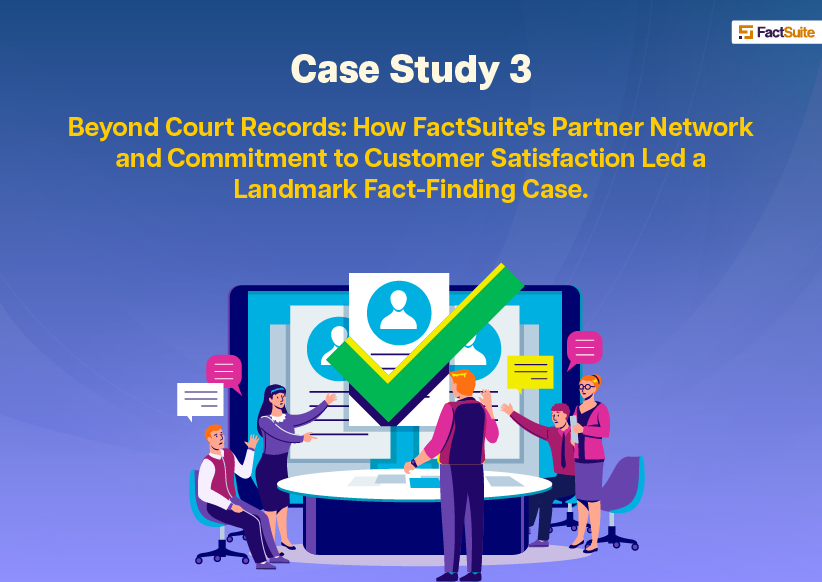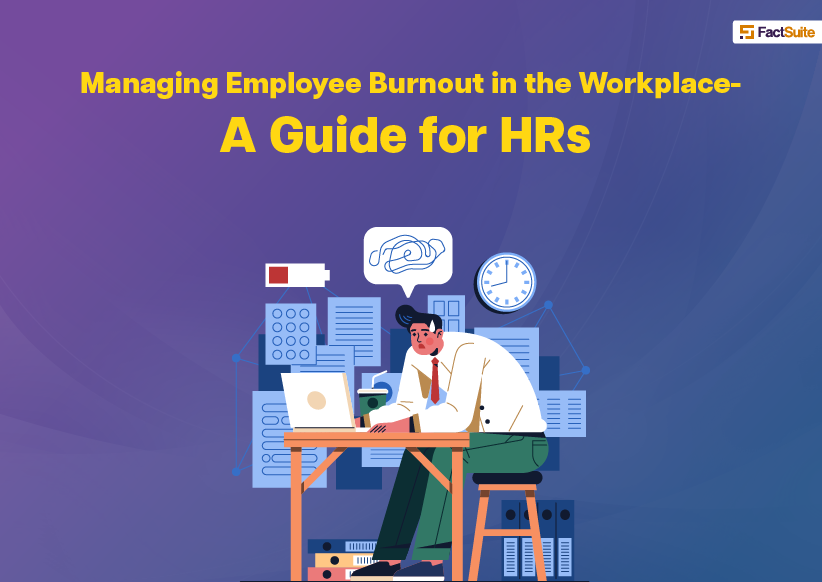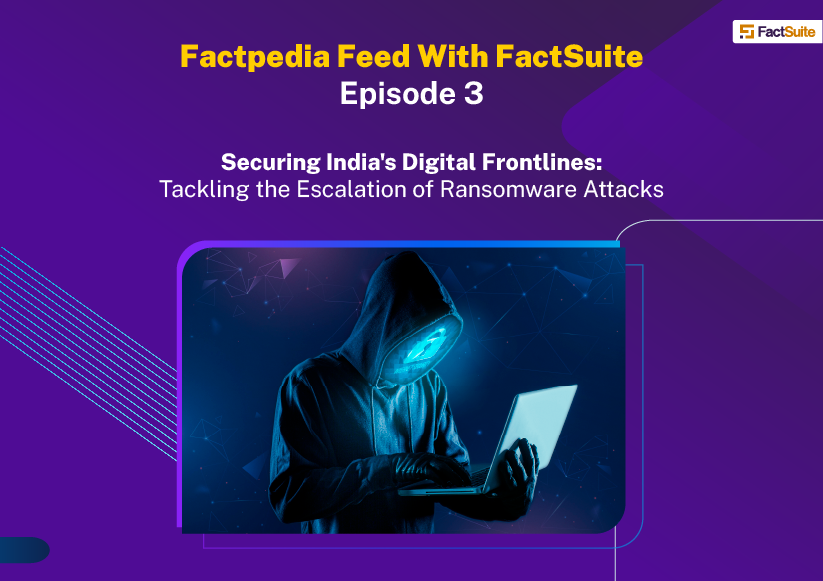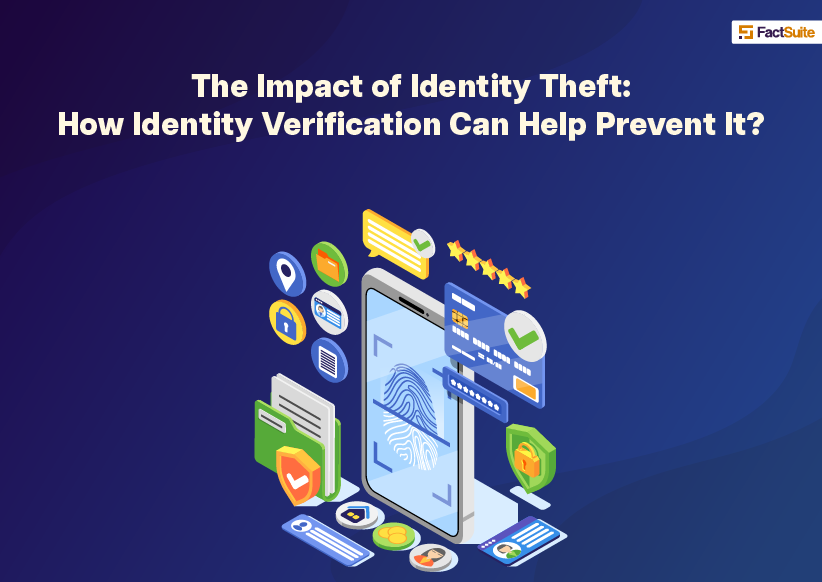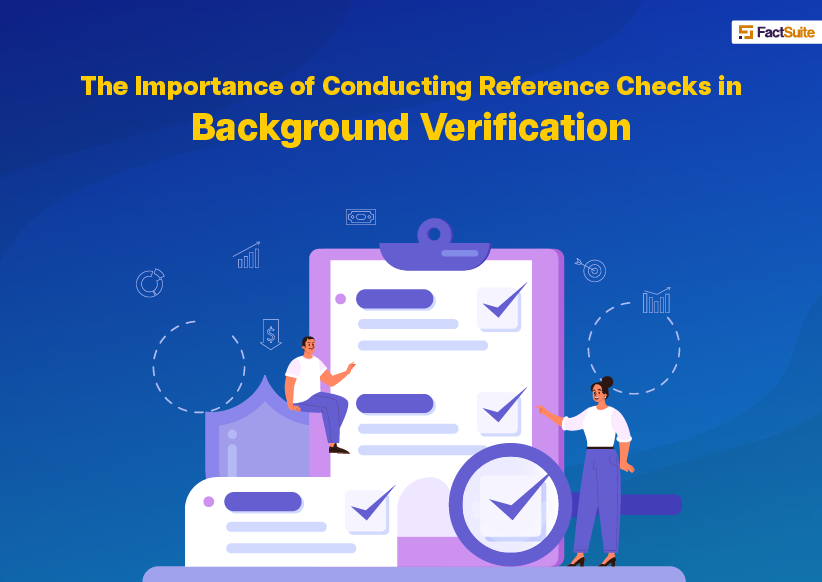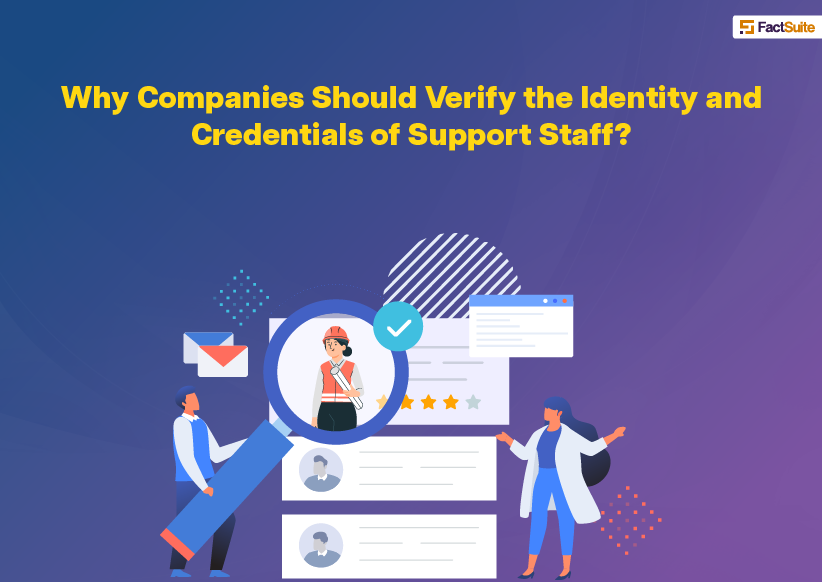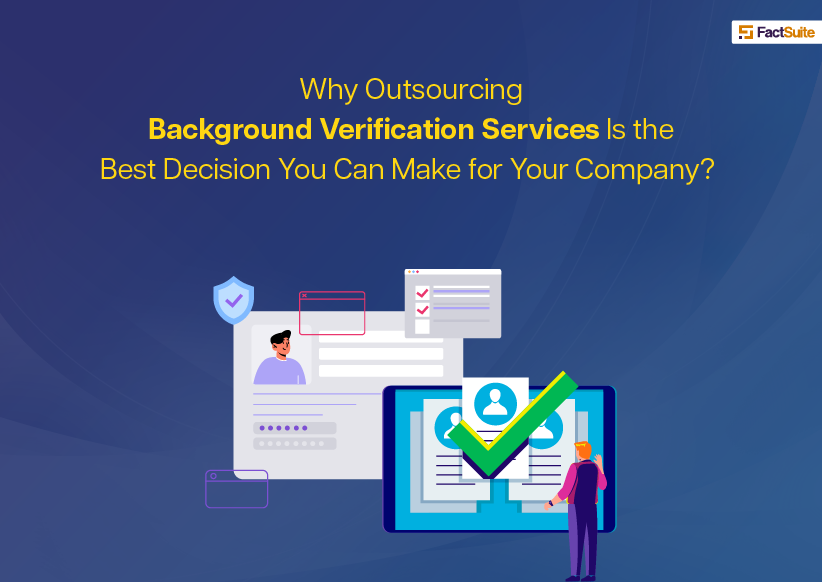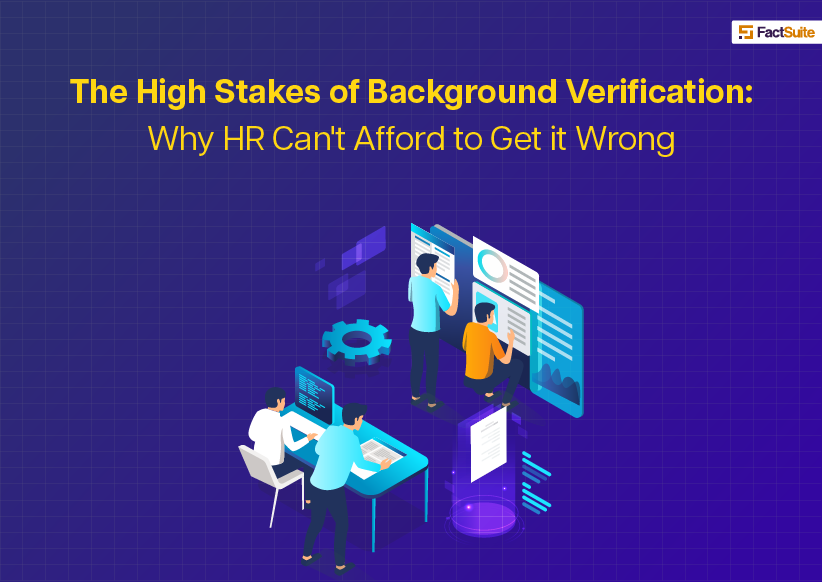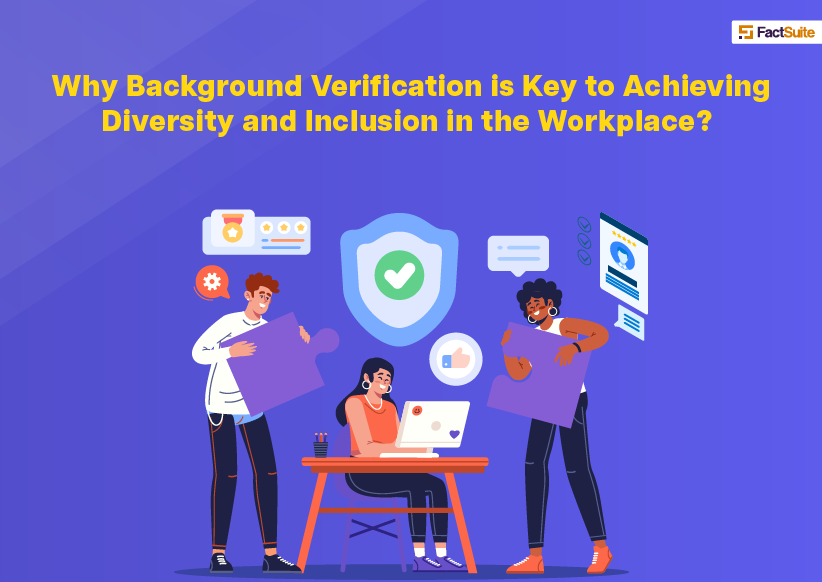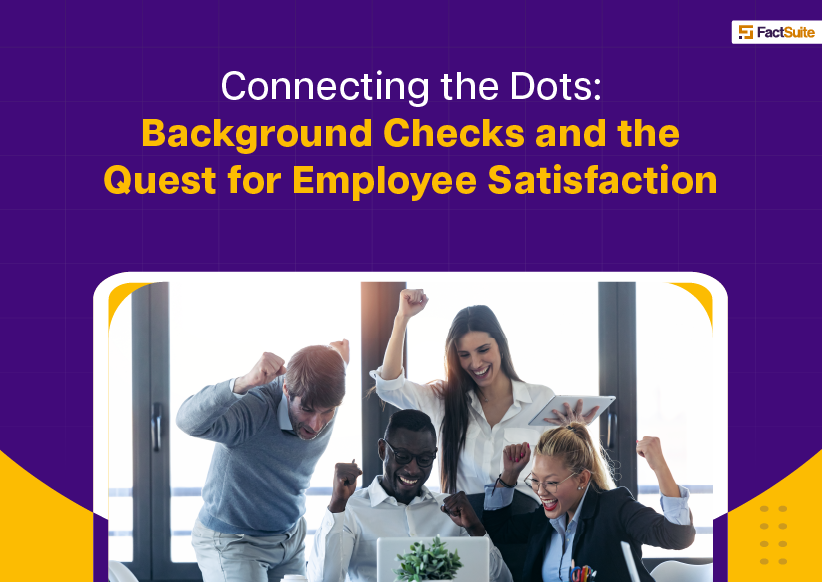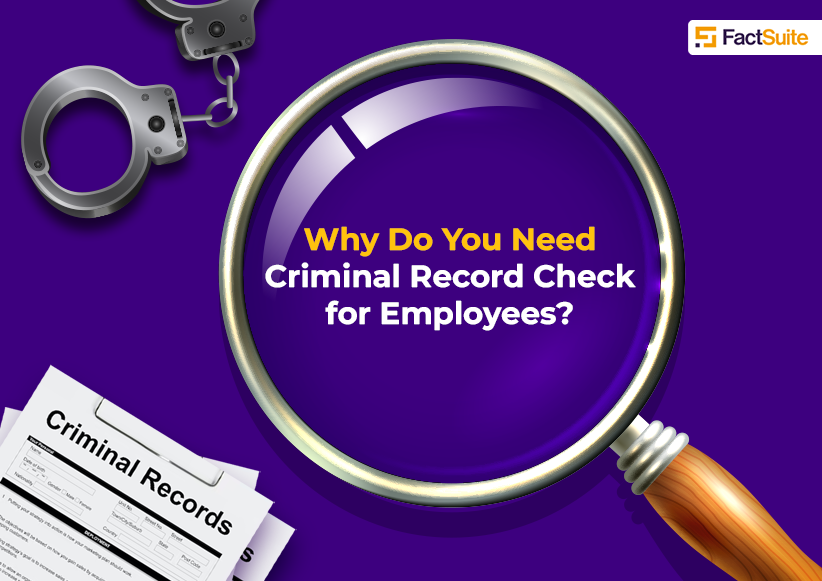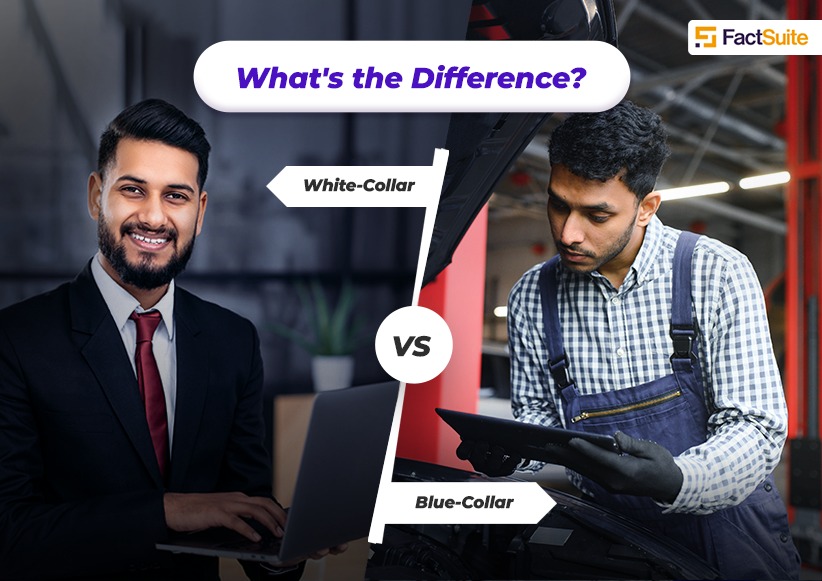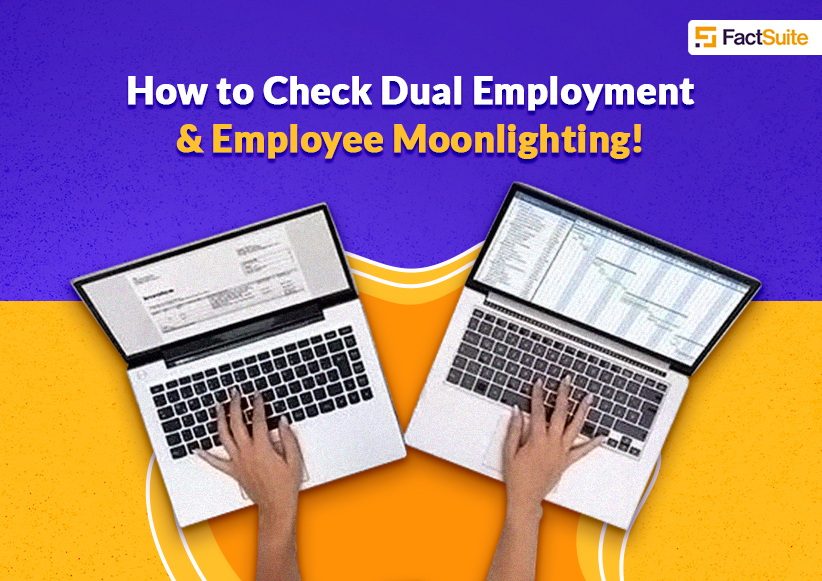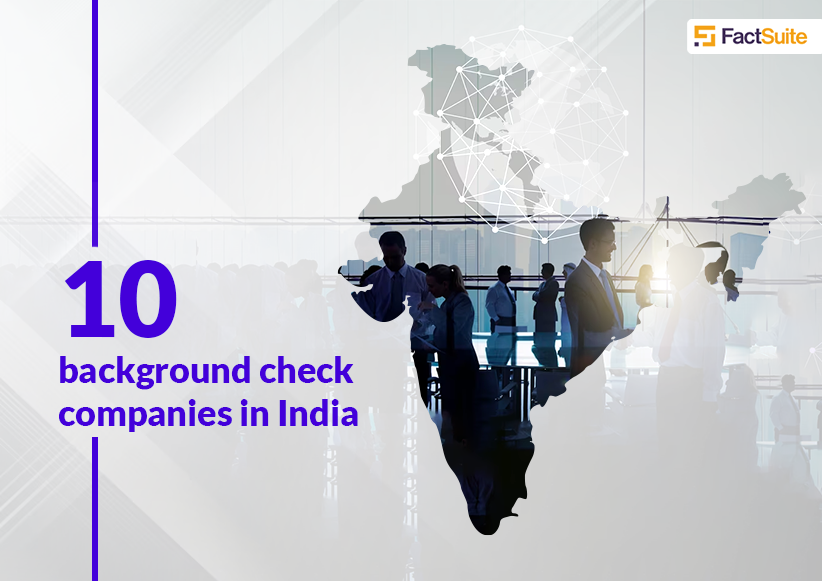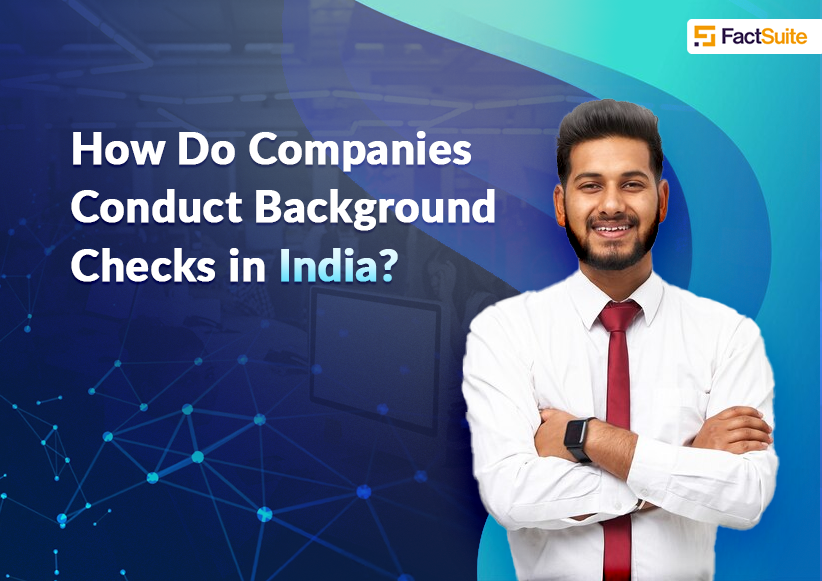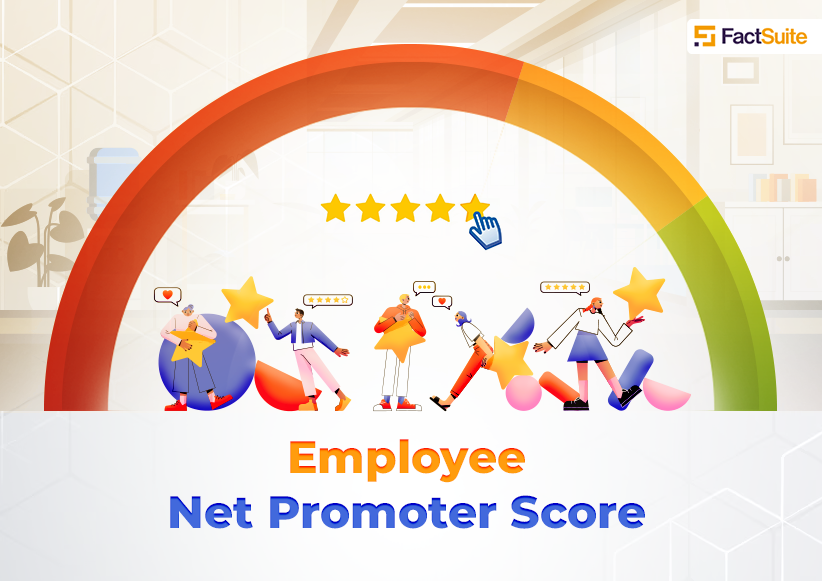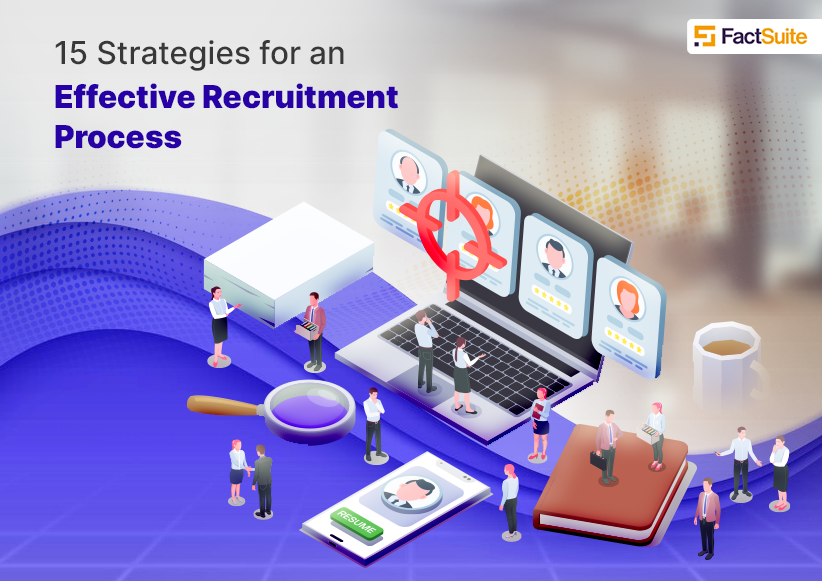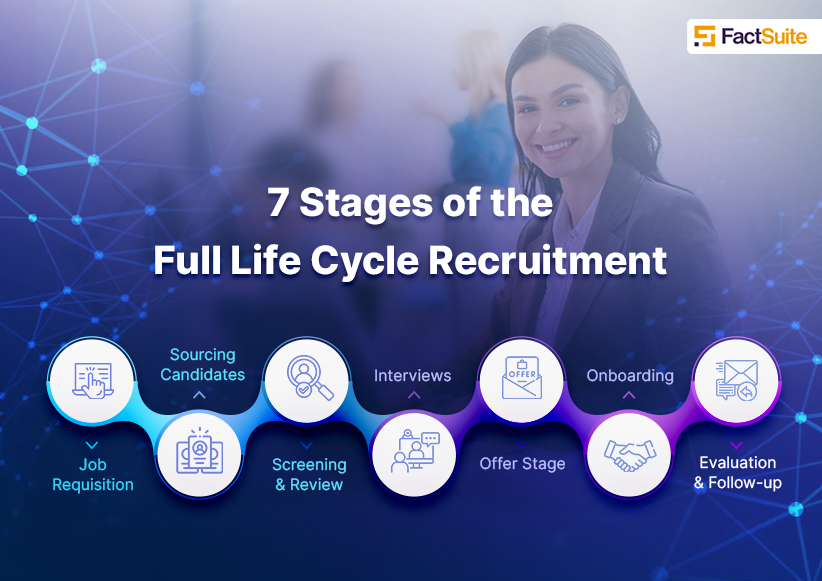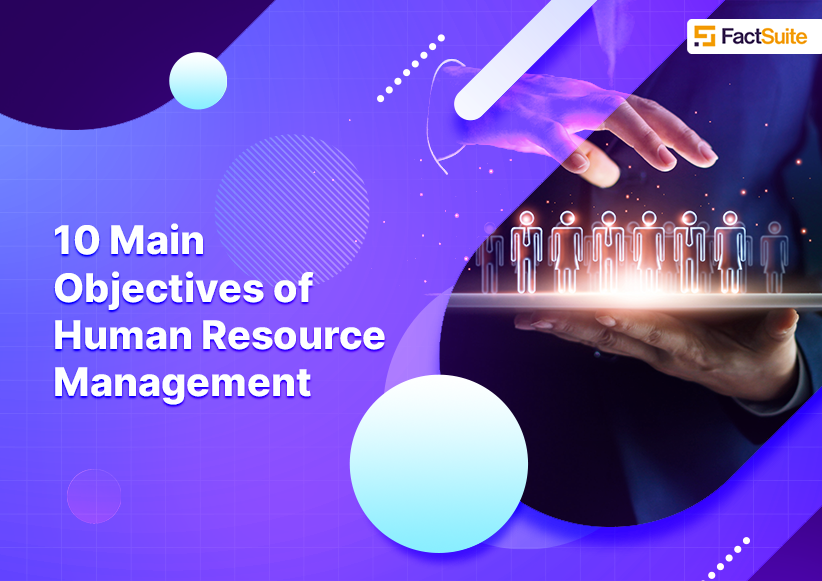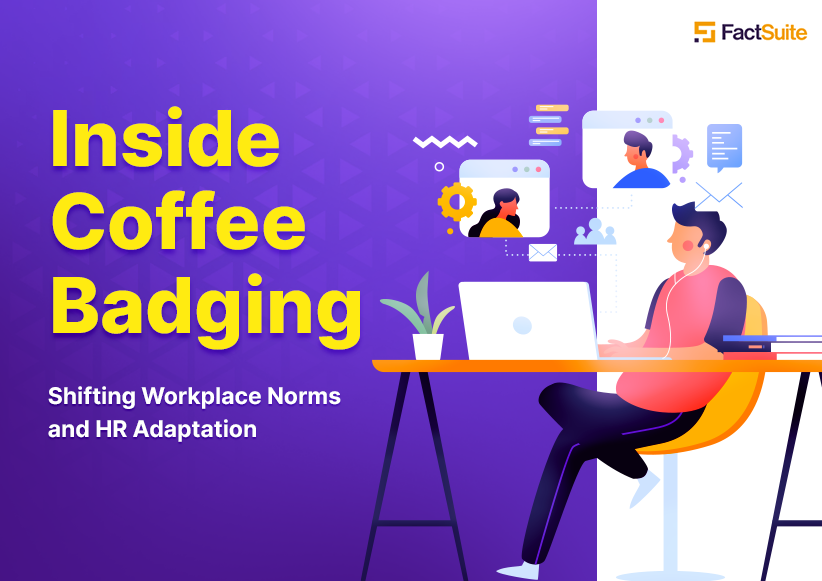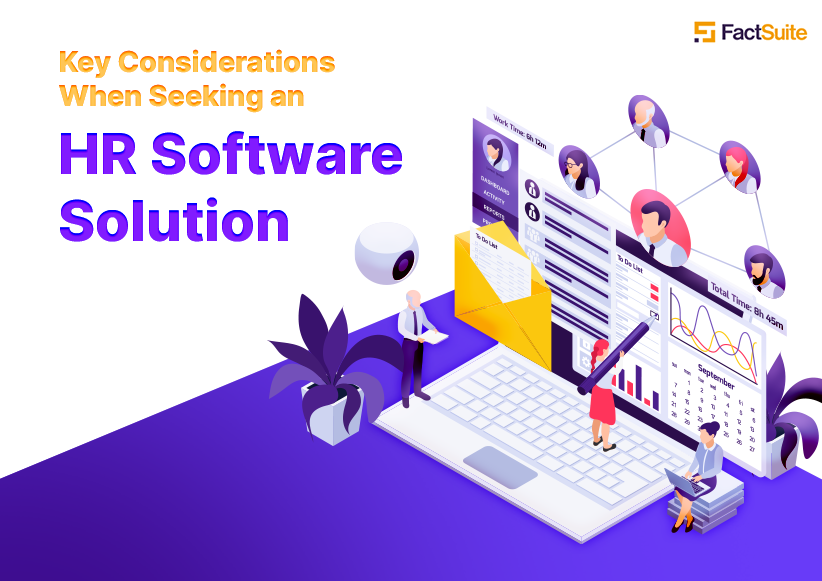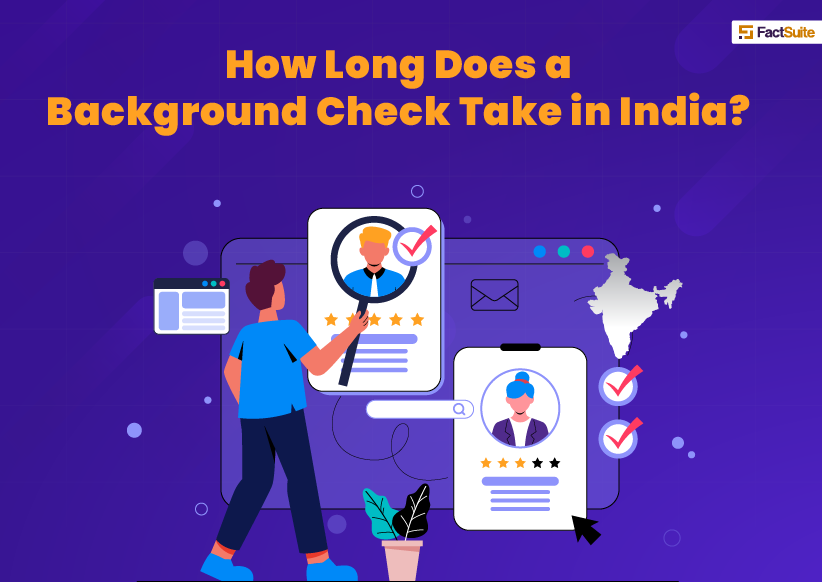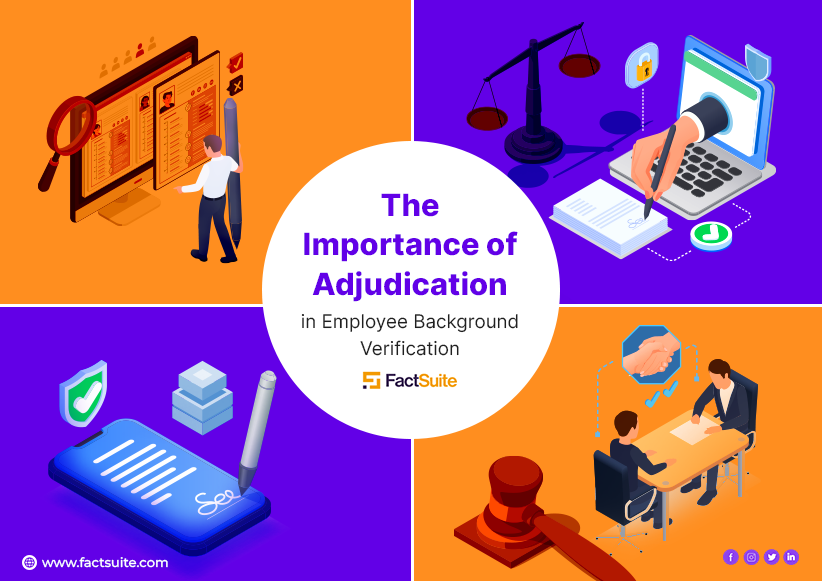Industry-based Background Verification Needs and Essentials

Table of Contents
- But why is there a need to discuss trust and employees?
- Industry-specific risks
- Few key industries and sectors and its employee background verification needs
- IT sector
- Banking and Insurance
- Financial services
- Employee background verification – a critical need
- Here’s a quick checklist of background screening needs for different industries.
- Conclusion
But why is there a need to discuss trust and employees?
Businesses – whether large conglomerates, corporate companies or SMEs – are exposed to a variety of risks. Apart from market-related, strategy and external risks, the employees of a company, too, could pose a sizeable threat. Let’s face it, employees as a collective are seldom a threat to companies, but even one employee can hurt a company.
An article in the Harvard Business Review categorizes risks arising from employees as ‘preventable risks’: These are internal risks, arising from within the organization, that are controllable and ought to be eliminated or avoided. Examples are the risks from employees’ and managers’ unauthorized, illegal, unethical, incorrect, or inappropriate actions and the risks from breakdowns in routine operational processes.
Industry-specific risks
However, each business and industry would be prone to different kinds of risks that are related to employees. For example, a candidate applying for a driver’s role in a corporate company may not require education verification, but definitely requires a license, criminal, sexual offense, or medical screenings. Some risks can be completely avoided at the recruitment stage by following strict and unbiased processes: a thorough examination of CV and candidate portfolio could be followed by a series of background verification checks related to the nature of the industry.
Here, we focus on a few key industries and sectors and its employee background verification needs.
IT sector
As suggested in an EY report, the growth in the Indian IT sector has increased the number of cases of fraud, raising questions about the readiness of companies in the prevention, detection, and handling of frauds. The nature of frauds in the IT sector encompasses a wide range: from the most predictable, theft of data, to stealing passwords, hacking client accounts, selling data to competitor companies, and unlawful data breach, among other possible scams. The Importance of Background Verification can be attributed to many such factors.
When it comes to prevention, employee background verification specific to IT sectors would be the first step. The following verifications are a must for the IT sector:
- Education verification
- Civil records
- Criminal records
- Drug test
- Employment verification
- Professional license verification
- Documents verification
- Character and conduct check
- Global database check
Banking and Insurance
Name any Indian bank and think about banking frauds. Chances are that there is at least one case of banking fraud related to that bank. In the last few decades, India has seen numerous examples of banking frauds that have involved employees of the banks. An IIM research backs this by revealing that the public banking sector (PBS) in India has seen serious cases frauds of fraud that have resulted in losses of crores. Investigations often reveal not only the involvement of mid-level but senior management employees as well. The nature of banking-related frauds connected to employees could be diverse:
- Accounting fraud
- Forgery of checks
- Fraudulent loans
- Identity theft
- Phishing and Internet fraud
- Wire transfer frauds
Financial services
According to a Global Economic Crime Survey (2014) by PwC, cybercrime was one of the top economic crimes reported by financial services organizations across the world, including India. Among the frauds in the financial services sector, a number of frauds involve cooperation from employees of financial institutions. Another research urges companies to ask pertinent questions to fight fraud within their organizations:
- Is the personal integrity and ethical behavior of employees emphasized enough in the organization?
- Does the organization encourage employees to question the suspicious behavior of other employees?
- Do companies have policies and procedures to be deployed in different operations including recruitment?
The study also suggests that a large number of junior level employees of financial services companies are able to carry out fraud, quite easily. The reason could be that financial products are more complex in design and function and hence, more difficult to police. In such a scenario, the Importance of Background Verification becomes paramount. A safe bet: verification at the time of the recruitment process.
Employee background verification – a critical need
With the Indian employment market comprising formal and informal employment, highly regulated, moderately regulated to unregulated nature of employment, the situation calls for an urgent requirement for thorough formal background verifications by companies.
Conducting background screenings internally is complicated. Every organization might not have the skills and talent required for such activities as it involves manual research, data scrutiny, institutional partnerships with government and private agencies and access to a whole lot of data. That is where the Importance of Background Verification with background screening companies in India come into the picture. Factsuite is a background verification agency in Bangalore, India that offers its competent services in employee background screenings and due diligence. To know more about the services, visit www.factsuite.com
Here’s a quick checklist of background screening needs for different industries.
|
|
Financial service |
Staffing |
Education |
Manufacturing |
Retail |
IT |
Banking |
|
Criminal |
|
|
|
|
|
|
|
|
Education |
|
|
|
|
|
|
|
|
Professional Reference |
|
|
|
|
|
|
|
|
Character and conduct |
|
|
|
|
|
|
|
|
Global Database |
|
|
|
|
|
|
|
|
Documents |
|
|
|
|
|
|
|
|
Professional License |
|
|
|
|
|
|
|
|
Drug |
|
|
|
|
|
|
|
|
Credit history |
|
|
|
|
|
|
|
|
Address |
|
|
|
|
|
|
|
Conclusion
In summary, building a loyal and productive workforce hinges on trust and effective risk management within organizations. Employee background verification is essential in mitigating preventable internal risks, as discussed in various industries like IT, banking, and financial services.
The IT sector faces a growing threat of fraud, while banking and financial services contend with employee-related frauds. These industries benefit greatly from comprehensive background screening processes, including education verification, criminal records checks, and employment history verification.
In India's diverse employment landscape, where formal and informal employment coexist, robust background verification is crucial. Many organizations lack the in-house resources needed for thorough background screenings, making specialized companies like Factsuite invaluable.
In today's competitive business world, trust and integrity are paramount. Prioritizing employee background verification helps companies safeguard their reputation, protect against fraud, and build loyal and reliable workforces, contributing to long-term profitability and success.

